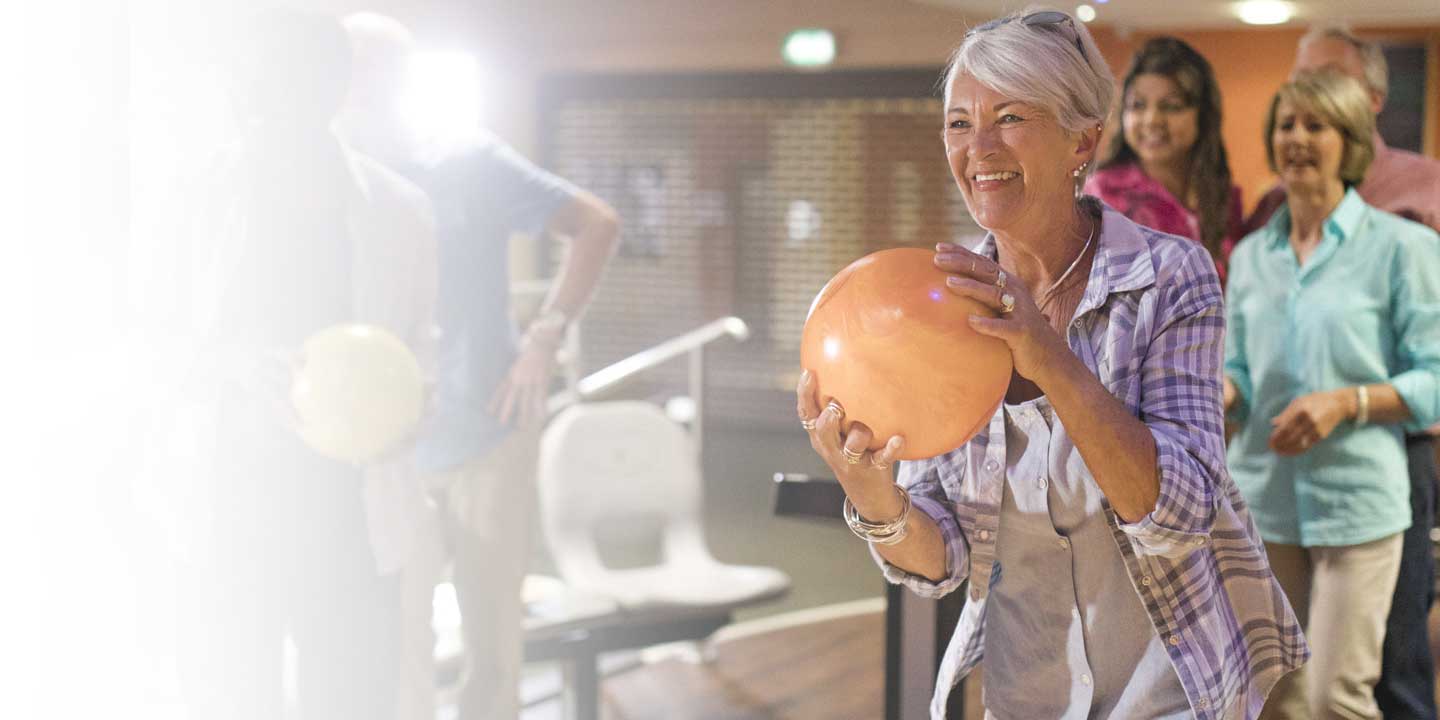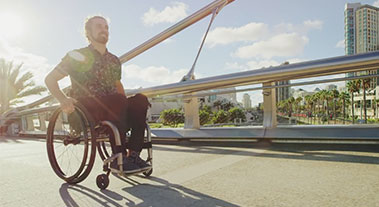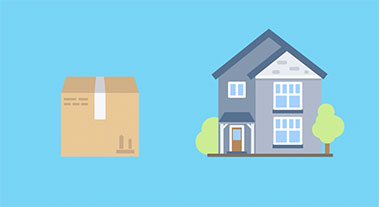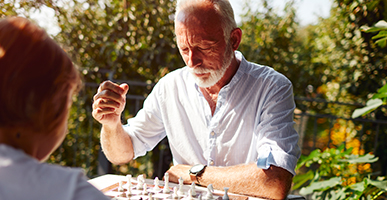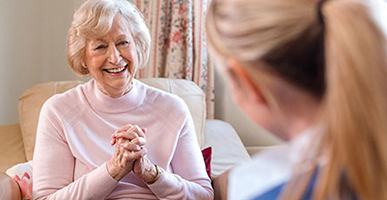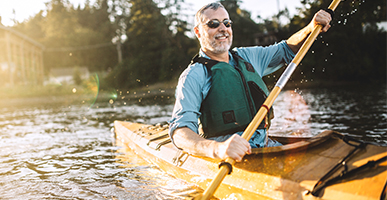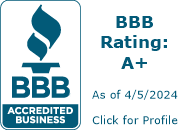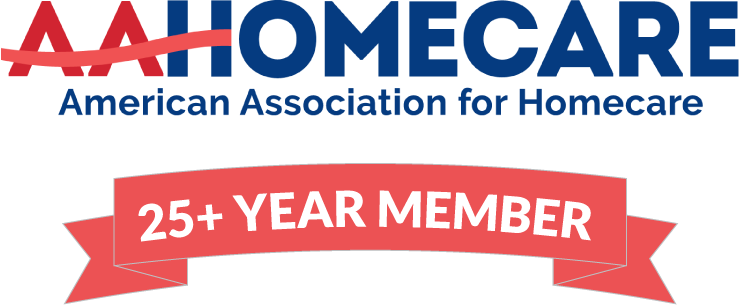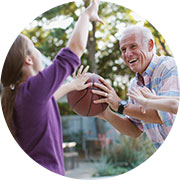
Bladder problems are common
Around one-third of older men and half of all women have bladder leakage.

Incontinence affects twice as many women as men
Reproductive health events unique to women affect the bladder.
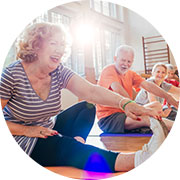
Exercise can help your bladder
Strong pelvic floor muscles help you hold in your urine. Men and women can strengthen them with Kegel exercises.
- Job related activity (ex: heavy lifting)
- Excessive high impact activities (ex: aerobics)
- Smoking & lung disease due to chronic coughing
- Certain foods & beverages
- Poor nutrition
- Constipation
- Anatomical predisposition
- Obesity
- Previous urinary tract or renal problems
- Loss of pelvic muscle tone
- Pregnancy & childbirth
- Menopause
- Pelvic surgery or trauma (such as hysterectomy)
- Neuromuscular impairments
- Cognitive impairments
- Medication side effects
- Use of diuretics
There is no “diet” to cure incontinence, but there are certain foods you should be aware of that can affect bladder control. How these foods and beverages affect the bladder is not always understood.
- Alcoholic Beverages
- Carbonated Beverages
- Soft Drinks with Caffeine
- Coffee
- Tea
- Honey
- Sugar
- Artificial Sweetener
- Corn Syrup
- Chocolate
- Tomatoes
- Citrus Fruits & Juices
Constipation can lead to incontinence. Fiber, found in oat bran, applesauce, prune juice, and in the form of additives, can improve bowel habits.
Grape, cranberry, cherry, and apple juice are thirst-quenchers that usually are not irritating. The best beverage choice is water.
Many people who have bladder control issues reduce the amount of liquids they drink hoping it will reduce the amount they need to urinate. This may cause more concentrated liquid in the form of urine (dark yellow, strong smelling). This more concentrated urine can be irritating to the bladder and increase the potential for a Urinary Tract Infection and incontinence.
STRESS
Symptoms
- Common side effect of anxiety and pressure in our everyday lives, including emotional strain and physical strain
- Leakage when laughing, coughing, sneezing or exercising
- Involuntary loss of a few drops
Common Causes
- Strenuous physical activities
- Pregnancy and childbirth
- Pelvic surgery or trauma
- Loss of muscle tone
- Enlarged prostate
- Shift in hormonal balance in women
URGE
Symptoms
- Associated with an Overactive Bladder (OAB)
- Rushing to the bathroom
- Awareness of the need to go
- Frequent, strong and sudden urges, but cannot make it to the bathroom
Common Causes
- Bladder irritants (e.g. alcohol, caffeine, carbonated drinks)
- Medications (e.g. sedatives, high blood pressure)
- Urinary tract infections and cancer
- Nerve dysfunction associated with trauma, diabetes, multiple sclerosis, spinal cord injuries, Alzheimer’s, Parkinsonism
- Shift in hormonal balance in women
MIXED
Symptoms
- A combination of two or more types, most commonly of Stress and Urge
- Intentionally urinating frequently to try to prevent stress-related leakage can result in shrinking of the bladder, limiting ability to hold enough urine
Common Causes
- Occurs when symptoms of both stress and urge types of incontinence are present
- Happens when trauma to the body can result in frequent loss of urine without warning
REFLEX
Symptoms
- Urine loss with no warning
- Cannot tell the need to go
Common Causes
- Stroke
- Brain tumors
- Spinal cord injuries
OVERFLOW
Symptoms
- Full bladder and it feels like it’s never empty
- Often constant dribbling of urine
- Frequency and urgency of urination increase
Common Causes
- Bladder injury
- Radical pelvic surgery
- Benign Prostatic Hypertrophy (BPH)
- Nerve damage from diabetes
- A narrowing of the urethra
- Medications
FUNCTIONAL
Symptoms
- Occurs when the urinary system may work well, but factors outside the urinary tract, such as immobility or cognitive impairment, can prevent a person from getting to a bathroom in time
Common Causes
- Functional disability and psychological impairment
- Physical and mental disabilities, such as immobility or cognitive impairments
- Environmental barriers, such as stairs, clothing, or wheelchair accessibility
Explore our Incontinence Product Catalog
Along with our product offering, our catalog offers valuable information about insurance, education and more.
Visit Our Online Incontinence Catalog Incontinence Product Catalog